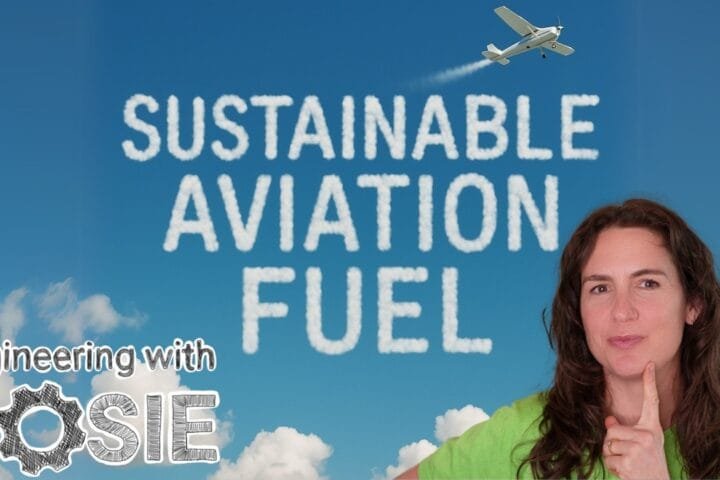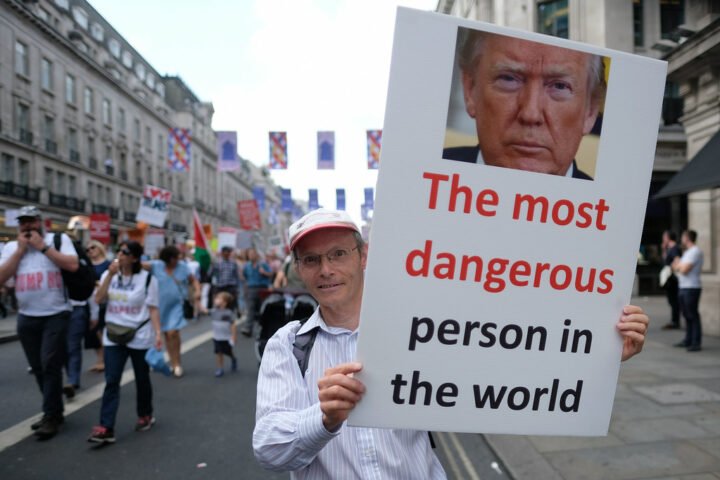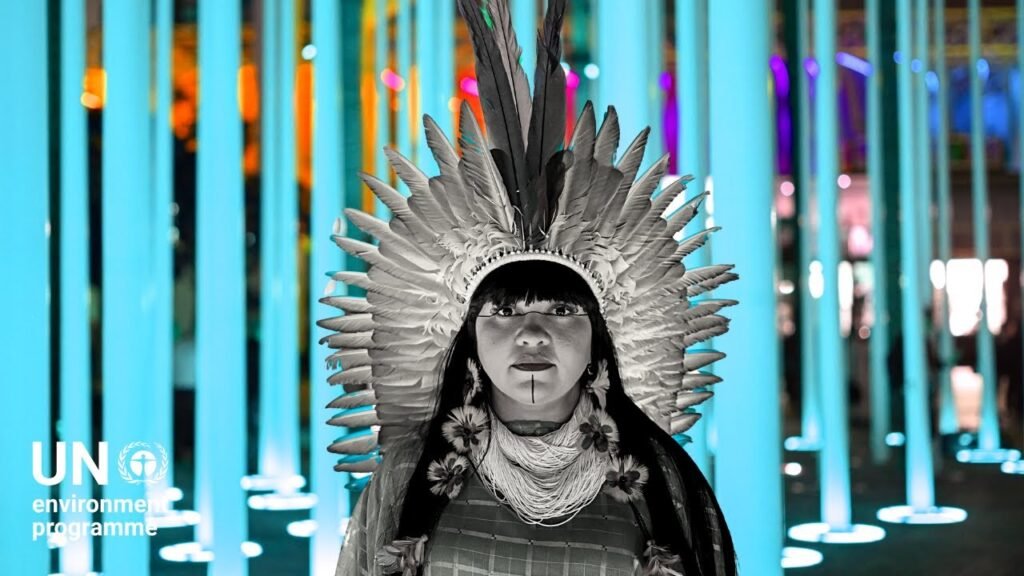From EcoWatch
Environmental organizations Greenpeace Nordic and Young Friends of the Earth Norway are asking an Oslo district court to stop the development of three oil and gas fields in the North Sea, citing a lack of adequate assessment of the global climate impacts of future fossil fuel use, according to Reuters and a press release from Greenpeace.
The lawsuit first began in June and surrounds the Aker BP and Breidablikk fields operated by Equinor. The two oil and gas fields together hold the equivalent of about 875 million barrels of petroleum, reported Reuters.
The environmental groups claim that Norwegian law, as well as the mandates of the Supreme Court, have been broken by the state and that children’s best interests have not been considered, the press release said. The organizations have filed a temporary injunction and say the three projects must cease immediately, as they violate not only international human rights law but the Constitution of Norway.
“Article 104 of the Norwegian Constitution and Article 3 of the UN Convention on the Rights of the Child require that the best interests of children be taken into account in matters that concern them. The environmental organisations point out that this must also apply to decisions on climate and oil management, and that the authorities are obliged to weigh the consequences of climate change against, for example, short-term corporate profits from oil extraction. As the consequences for children and young people have not been assessed for the three oil fields, and some of the fields will produce oil well into the 2050s, the environmental organisations assert that the approvals are also invalid on this ground,” Greenpeace wrote in the press release.
[…]
[...]




